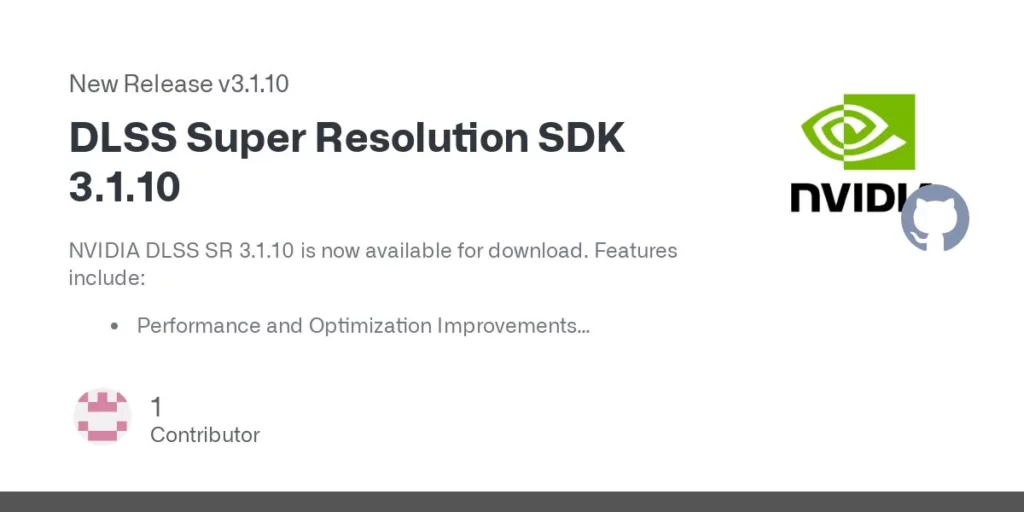Version 3.1.10 of the DLSS Super Resolution SDK has been made available by NVIDIA on GitHub. The changelog for DLSS Super Resolution 3.1.10 claims that it includes unidentified bug fixes along with enhancements to stability, performance, and optimisation.
Since the introduction of the DLSS Super Resolution SDK 3.1, game developers have had the option of automatically updating their games’.dll files. Users had to do that manually in the past, but a modder created a tool called DLSS Swapper to make it simpler.
As promised last week, NVIDIA also released the Frame Generation plugin and updated its Streamline SDK to version 2.0.
Nvidia has developed Shader Execution Reordering or SER for just that purpose. SER is a scheduling technology introduced with Nvidia’s Ada Lovelace generation of GPUs. It optimizes the GPU’s workload by grouping threads that accomplish similar tasks.

This coherent ordering allows streaming multi-processors or SMs to execute shaders more efficiently. NSight Graphics recommends that we use SER to optimize our DispatchRays calls by implementing the SER API in Cyberpunk 2077. The benefits are clear: DispatchRays is running faster in our overall GPU time has sped up by about 42 percent.
NVIDIA started posting educational videos on its YouTube channel for other game developers as the Game Developers Conference 2023 got underway. For instance, a video demonstrates how CD Projekt RED improved the path tracing with Shader Execution Reordering after using the Nsight Graphics software to analyse the upcoming RT Overdrive mode update for Cyberpunk 2077.
Shader Execution Reordering must be explicitly implemented in a game through its dedicated API, according to NVIDIA’s confirmation from a while back. The feature was recently added by Sumo Digital to Sackboy: A Big Adventure, and it will be present in the upcoming Cyberpunk 2077 RT Overdrive mode as well.
Also Read:
- VALVE STEAM DECK OLED IS A POSSIBILITY BUT IT’S NOT GOING TO BE EASY
- HITMAN SERIES ENTERS HIATUS AS IO INTERACTIVE STUDIO FOCUSES ON PROJECT 007


